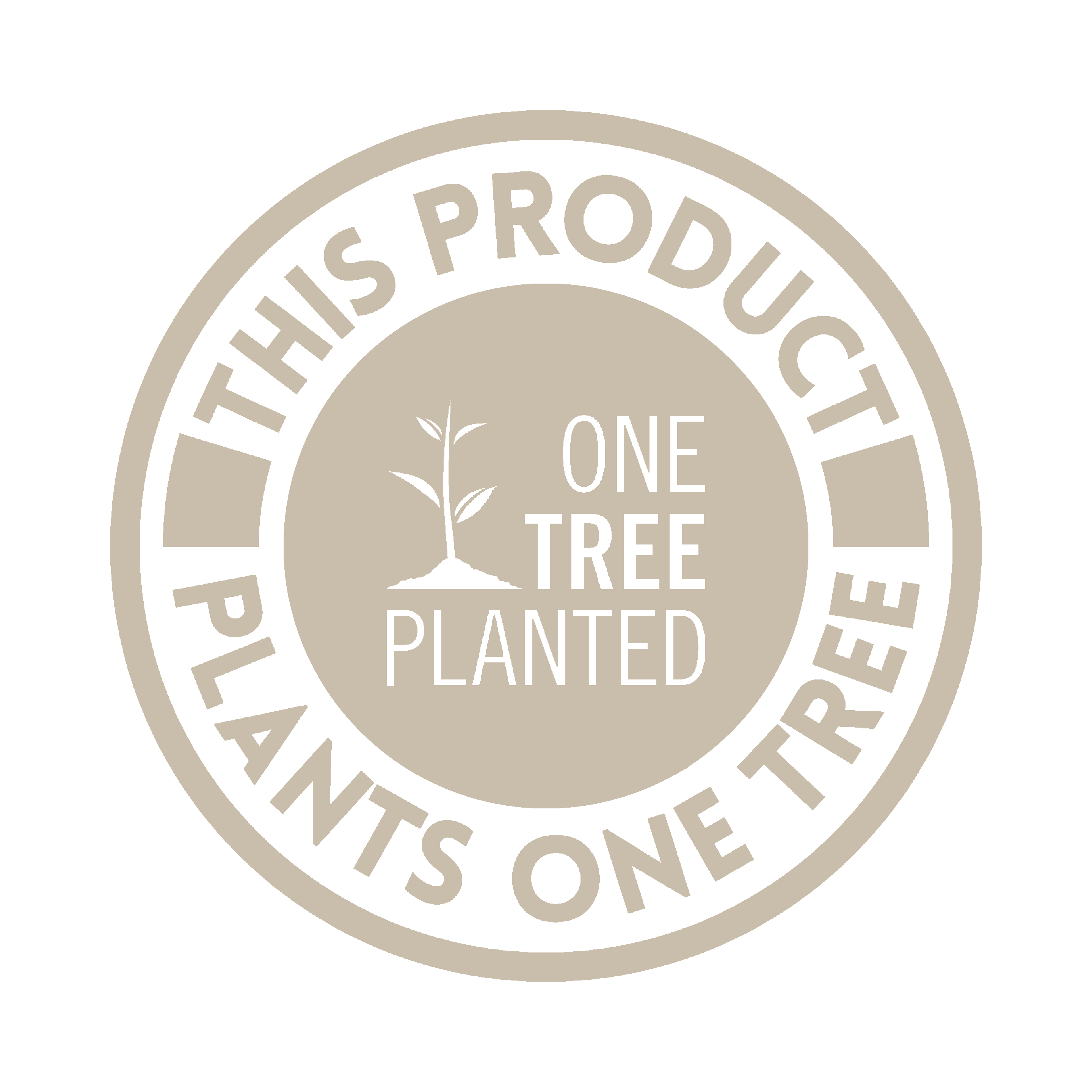OUR MAT MANUFACTURING PROCESS

We are constantly looking for ways that as a company we can minimise the impact we are having on the planet from the manufacturing, packaging and shipping methods. Unfortunately it’s impossible to leave no footprint but we can commit to a manufacturing transparency policy so our customers can make an informed decision when purchasing a ZIG & KO. yoga mat.
We have been working with our mat manufacturer for over two years now but they have been focused on yoga products since 1996, they are aware and supporting of our ethos and we ensure no plastic is ever used in the packaging of our mats. They maintain good working conditions, fair trade practices in place and the utmost respect for the environment and it’s resources.
MATERIALS USED
- Cork is hand harvested from Oak trees located in Portugal, the trees grow to around 25 years and then the outside bark is removed every 5-7 years, once the bark is removed it is cured for up to 6 months, it is then treated with heat and water (30-70min submerged in boiling water) to remove any impurities. The outside layer removed and left to cure for a few more weeks. The cork is then ground to make the composition to create the surface of the mats. The cork powder created in this process is burned and turned into fuel for production.
- Natural tree rubber used for the base of our mats is sourced from Malaysia and made using a manufacturing process called calendaring, first milky drops are extracted and collected from the native rubber tree, it is then mixed with a sulphuric acid which makes the rubber harden into curd like formation and once submerged in water floats to the surface, it is then skimmed off the top and inserted into rollers which compacts the material, once sheets have been created into the required thickness it can be cut to size ready to be heat bonded to the cork.
- Micro-suede, made from recycled plastic bottles PET, I’m still weighing up the benefits of this material and how it is manufactured as it does require a high amount of energy used to produce, I believe it is still very much in its piloting stage and there is pros & cons. I would like to offer our customers a micro-fibre collector (cora ball) to ensure if machine washed they are not creating more harm to the environment polluting micro plastics, but if these mats are well looked after than they will last a very long time and if it’s stopping plastic ending up as landfill than that’s a great initiative! In the production, plastic bottles are sorted and then sterilised, before crushed into pellets and melted so it can be spun into a yarn like polyester thread before being made into mats.


















